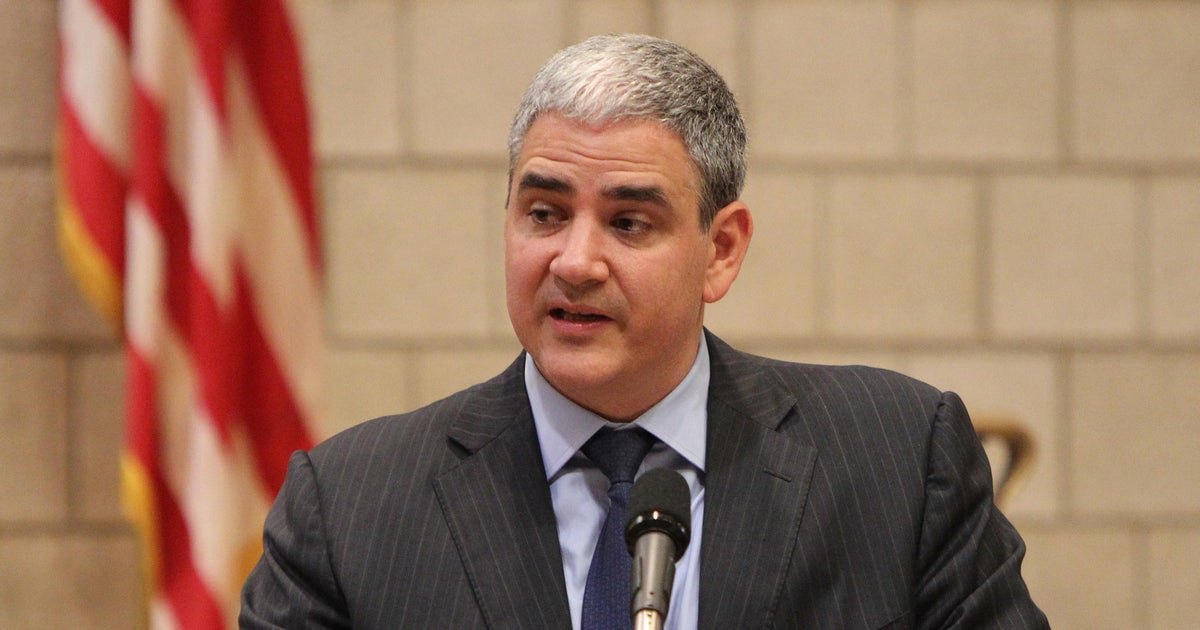Lawmakers Prepare to Hold Steward Health Care CEO in Contempt of Congress
In a significant development on Capitol Hill, lawmakers from both parties are gearing up to hold Ralph de la Torre, CEO of Steward Health Care, in contempt of Congress if he fails to appear at a scheduled hearing this Thursday. This unprecedented move underscores the gravity of the situation surrounding Steward Health Care, which has recently declared bankruptcy and is facing intense scrutiny over its financial practices and impact on patient care.
The Context of the Hearing
The Senate committee investigating Steward Health Care has been vocal about the necessity of de la Torre’s testimony. Senator Bill Cassidy of Louisiana, the ranking Republican member of the committee, articulated the sentiment shared by many lawmakers: “If someone shows contempt for the people of the United States by not coming to testify… that is a contemptible thing.” The hearing aims to shed light on the circumstances surrounding Steward’s bankruptcy and the broader implications for healthcare delivery in the communities it serves.
Steward Health Care, which once operated over three dozen hospitals across eight states, has struggled to find buyers for its facilities following its bankruptcy declaration earlier this year. The company’s financial troubles have raised alarms about the quality of care provided to patients and the working conditions for healthcare professionals.
De la Torre’s Refusal to Testify
Last week, de la Torre’s attorney informed the Senate committee that he would "not participate" in the hearing, arguing that the testimony should be postponed until after the bankruptcy proceedings are resolved. However, the committee’s chairman, Senator Bernie Sanders of Vermont, firmly rejected this request, emphasizing the importance of the hearing for understanding the ramifications of Steward’s financial collapse.
The committee plans to hear from healthcare workers and local officials from communities affected by Steward’s bankruptcy, highlighting the human impact of corporate financial decisions in the healthcare sector.
Investigative Findings and Allegations
A CBS News investigation has revealed troubling patterns in how private equity investors, including de la Torre, have extracted significant profits from Steward Health Care while compromising the quality of care. Reports indicate that healthcare workers and patients have faced severe shortages of essential supplies, raising ethical concerns about the prioritization of profits over patient welfare.
In a particularly alarming incident, Steward Health Care recently closed two hospitals in Massachusetts, resulting in approximately 1,200 workers losing their jobs. Such closures have sparked outrage among lawmakers and constituents alike, with Senator Cassidy noting disturbing reports of supply shortages and patients being turned away from facilities.
Bipartisan Support for Accountability
The decision to potentially compel de la Torre’s testimony is a rare occurrence in congressional history, with the last subpoena issued by the committee dating back to the 1980s. Senator Ed Markey of Massachusetts has been particularly vocal, labeling de la Torre as "a fugitive on the run" and asserting that if he fails to appear, he would be defying a legal order. Markey has expressed a commitment to working across party lines with Cassidy to address the financial maneuvers that have allowed Steward’s investors to profit at the expense of patient care.
Ongoing Investigations
In addition to congressional scrutiny, Steward Health Care is also under investigation by the Department of Justice. A federal grand jury in Boston is examining the compensation, spending, and travel of the company’s top executives, including de la Torre. Through a spokesperson, de la Torre has denied any wrongdoing, claiming that he has taken significant steps to support Steward during challenging times, including personally purchasing necessary equipment and guaranteeing loans with his assets.
Ethical Implications and Future Actions
Senator Markey has challenged de la Torre’s defense, accusing him of violating his Hippocratic oath as a former cardiac surgeon. He described the actions of de la Torre and private equity investors as "heartless" and "cruel," particularly towards vulnerable populations reliant on Steward’s healthcare services.
As the hearing approaches, the stakes are high. Lawmakers are determined to hold de la Torre accountable and ensure that the voices of healthcare workers and affected communities are heard. The bipartisan effort to address the financial practices of private equity in healthcare reflects a growing concern about the implications of profit-driven motives in a sector that fundamentally serves the public good.
Conclusion
The upcoming hearing represents a critical moment in the ongoing debate over the role of private equity in healthcare and the responsibilities of corporate leaders to their patients and employees. As lawmakers prepare to confront Ralph de la Torre, the outcome could have far-reaching implications for the future of healthcare delivery in the United States, particularly in an era where financial stability and patient care are increasingly intertwined. The eyes of the nation will be on Capitol Hill as this story unfolds, highlighting the urgent need for accountability and reform in the healthcare industry.


